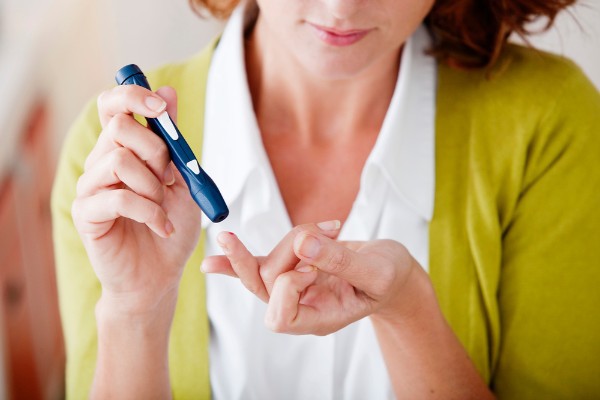Can Diabetes Really Skew Breath Test Results?

When people take breath tests on the roadside during law enforcement traffic stops, many different factors may influence the results – even diabetes. Breathalyzer tests are not perfect, and the effects of diabetes could lead to an inflated blood alcohol concentration (BAC) reading.
How Could Diabetes Affect a Breathalyzer Reading?
Diabetes impacts the body’s ability to produce or respond to insulin, which is a hormone. When the body cannot use insulin properly or has too little insulin, glucose builds up in the blood. A build-up of glucose in the bloodstream is called high blood sugar, or hyperglycemia.
Untreated hyperglycemia can lead the body to start breaking down fats for energy, since it does not have enough glucose to use instead. Breaking down fats creates waste products called ketones. The body tries to get rid of the ketones in the urine and breath. When the body cannot flush out all the ketones, they build up in the body.
One type of ketone is acetone. Acetone further breaks down into isopropanol, which is similar in chemical structure to ethanol (ethyl alcohol), the substance in alcoholic drinks that breathalyzers try to detect. Some breathalyzers may not be able to tell the difference between isopropanol and ethanol.
When a diabetic in hyperglycemia breathes into a breathalyzer, his or her breath excretes acetone. This could cause an artificially high reading on the breathalyzer. Since law enforcement cannot tell if the breathalyzer’s supposed BAC reading is actually from alcohol, the diabetic person could be arrested for DUI.
Questioning Breathalyzer Results
It is a mistake to completely trust breathalyzer results if you are accused of DUI. There may be a way to show that the device or the results are inaccurate. In the case of diabetes, it could be shown that a breathalyzer cannot tell the difference between acetone and ethanol, and that the driver was hyperglycemic at the time. However, establishing defenses that invalidate breathalyzer test results can be tricky. Talk to a knowledgeable and experienced DUI lawyer today for help with your case.
Have you been charged with a DUI in Oklahoma and don’t know where to turn? Seek out the attorney who knows the system. Clint Patterson, Esq., of Patterson Law Firm, a former Tulsa prosecutor now using his trial experience and expert-level knowledge of DUI science to defend drivers, has the experience and the insight to evaluate the strengths and weaknesses of your case. To schedule a case evaluation, visit Patterson Law Firm online or call Clint’s office at (918) 550-9175.

